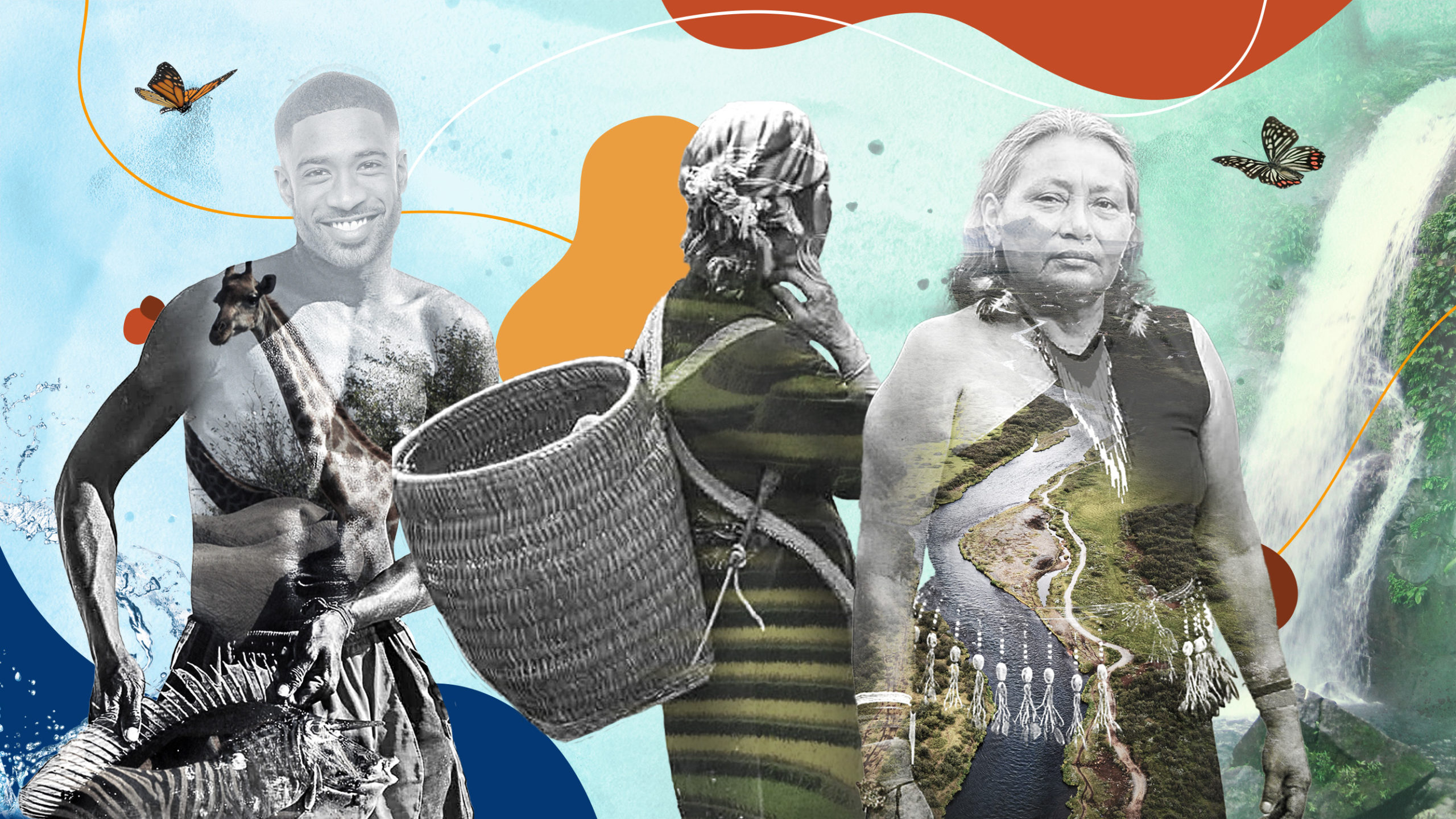April is Earth Month, and April 22 is Mother Earth Day. On this occasion, we reiterate our solidarity with Indigenous Peoples and local communities who maintain their collective lands, waters, and territories of life in the face of immense challenges
First published on 04/22/2023, and last updated on 05/03/2023
By Josefina Tunki, Leader of the Shuar Arutam People (PSHA), Ecuador; and
Vice chair of the ICCA Consortium Latin America
My name is Josefina Tunki. I am the first woman to preside over the Shuar Arutam People (PSHA); I held the presidency from 2019 until March 31, 2023.
During my term as President, I prioritized respect and dignity in representing my organization and compliance with its established Life Plans and resolutions. I was with my people in the struggle to address the hydroelectric, fossil fuel, and mining companies threatening our 230,000 hectares of land and their approximately 12,000 inhabitants.
I recognized that serving as a female leader was difficult due to being a woman, but I took on the challenge and fulfilled the mandate that my people gave me. I am now the vice chair of the Territories of Life directorate for Latin America. In this representative role, I will continue leading and struggling to defend the lands of the Amazon and the Indigenous territories of Latin America. Companies and governments continue to threaten the lands we protect and the forests, waters, and biodiversity that exist within them. They violate the right to life and the autonomy of Indigenous Peoples.
Why are Indigenous territories Territories of Life? Because within them exist all the resources that sustain the Earth and contribute to providing the pure air being contaminated by these companies I have mentioned. Our commitment as considerate human beings is to analyze and evaluate all we have done for Planet Earth.
For this reason, in spaces like the United Nations Permanent Forum on Indigenous Issues, we request compliance with ILO Convention 169 about Indigenous and Tribal Peoples, especially their self-determination and self-government. We also ask that the governments of Latin American countries, especially the Ecuadorian government, respect and protect our lives because they violate the rights of the people who defend the forests, waters, and biodiversity. We are concerned that, as human beings, we are endangered because we can live on only one planet: Earth.
